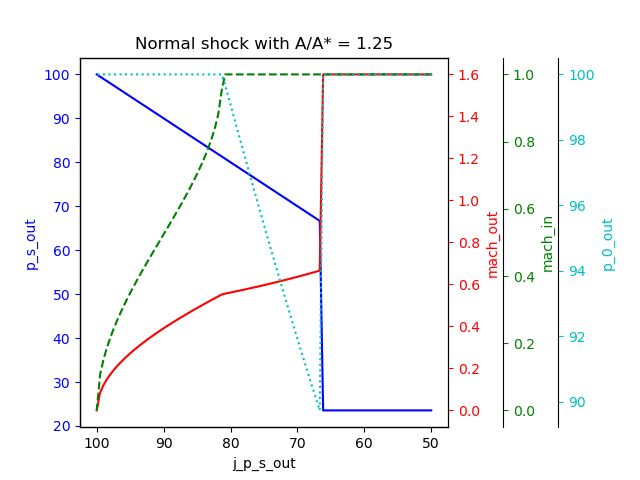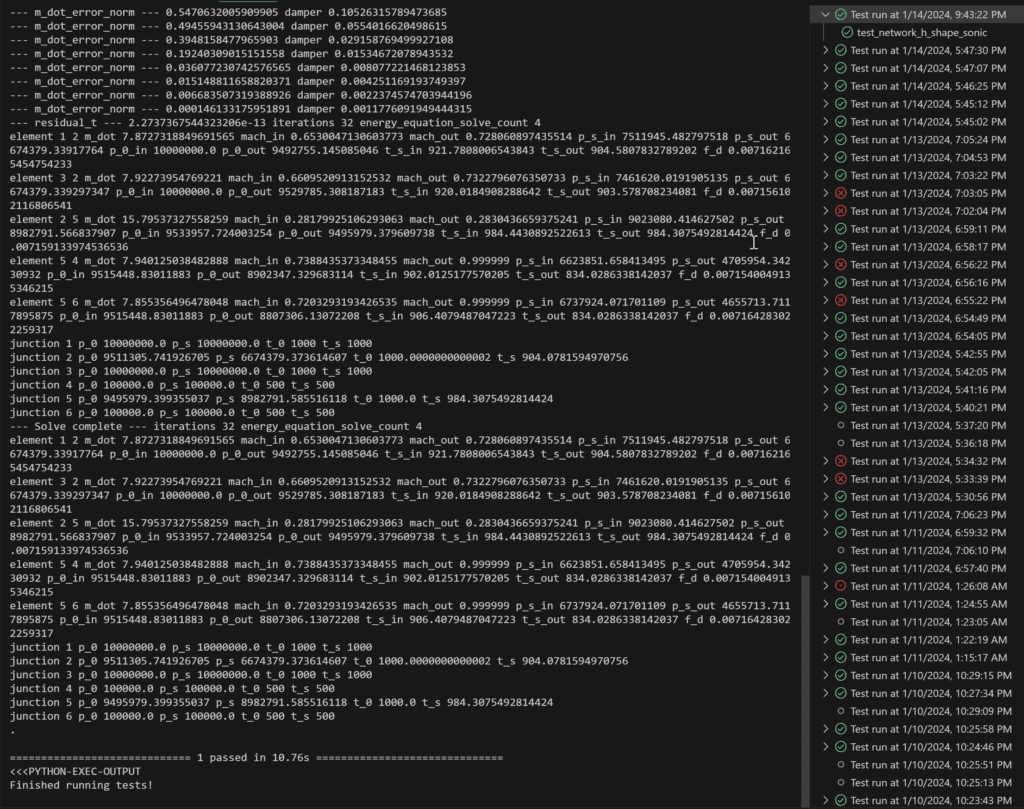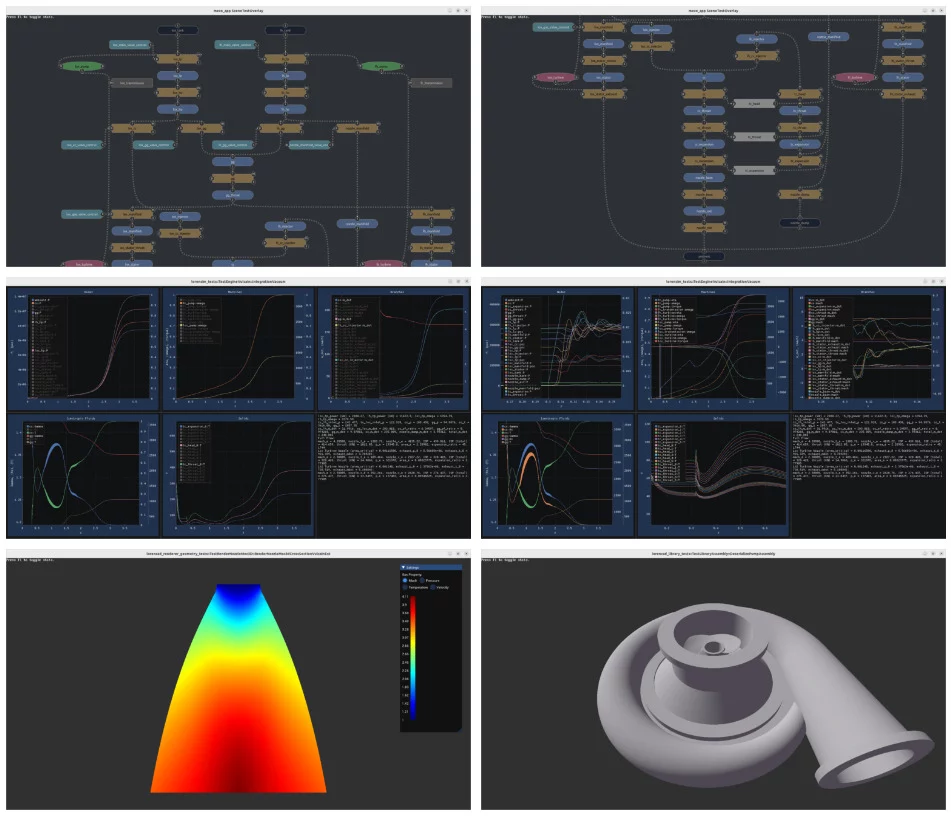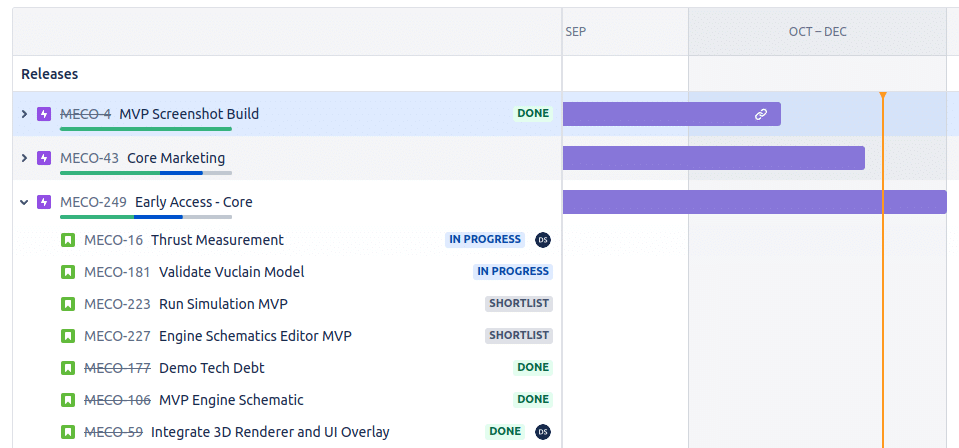Howdy Stranger
Development Log
Sep 2023 – Jan 2024
Major Feature Introductions and
Enhancements
Isentropic Adiabatic Flow Support (Jan 2024): Added support for the ISENTROPIC_ADIABATIC flow method, including new functions for mass flow objectives and tests for computing Mach numbers using higher-order functions.
Gas Model Functions Improvement (Jan 2024): Improved gas model functions, such as updates to mach_from_area_ratio_with_normal_shock, and added new functions like compute_mach_number and isentropic_critical_area_from_mach.
Website Scraper Functionality (Jan 2024): Enhanced website scraper capabilities, including better filename handling, improved link processing in the get_and_recurse_page method, and more informative debugging print statements.
Fanno Flow Calculations (Nov 2023): Added Fanno flow functions for calculating various parameters related to Fanno flow, enhancing the gas model’s capabilities.
Sonic Outlet Handling (Nov 2023): Implemented iterative methods for density calculation to handle sonic outlets effectively.
Nested Scalar Minimization for Element Flow Solving (Nov 2023): Solved element flow with nested scalar minimization, improving performance and precision.
Inlet and Outlet Mach Number Calculations (Nov 2023): Added module for calculating inlet and outlet Mach numbers in gas flow.
Gas Model Components and Constants Addition (Oct 2023): Introduced new components like Junction, Boundary, and Element classes, as well as constants for solve damper factors and limits.
Refactoring and Code Improvements
Readability and Maintainability (Various Dates): Continuous refactoring efforts were made across multiple files (e.g., element.py, gas_model.py, test_gas_model_element.py) to improve readability, maintainability, and performance.
Test Coverage Enhancement (Various Dates): Added new unit tests and refactored existing ones to ensure the integrity and correctness of the gas model and its elements.
Bug Fixes and Optimization
Bug Fixes (Various Dates): Addressed various bugs related to gas model calculations, element handling, and website scraping.
Performance Optimization (Various Dates): Implemented several performance optimizations, including adjustments in minimization methods and error-handling improvements.
Miscellaneous: Configuration and Setup (Various Dates):
Updated project configuration, including VSCode settings, CMakeLists, and Python testing settings.
Summary
This development period has seen significant advancements in the gas model’s capabilities, particularly in handling various flow types and improving the accuracy of calculations. The project’s continuous focus on code quality, performance optimization, and test coverage ensures a robust and reliable product.
A Sneak Peak Behind The Scenes





